Chameleon Mandala Animal Art [8]
![]() A Granite Bay Design Microsite: Animal Mandala
A Granite Bay Design Microsite: Animal Mandala
The Chameleon
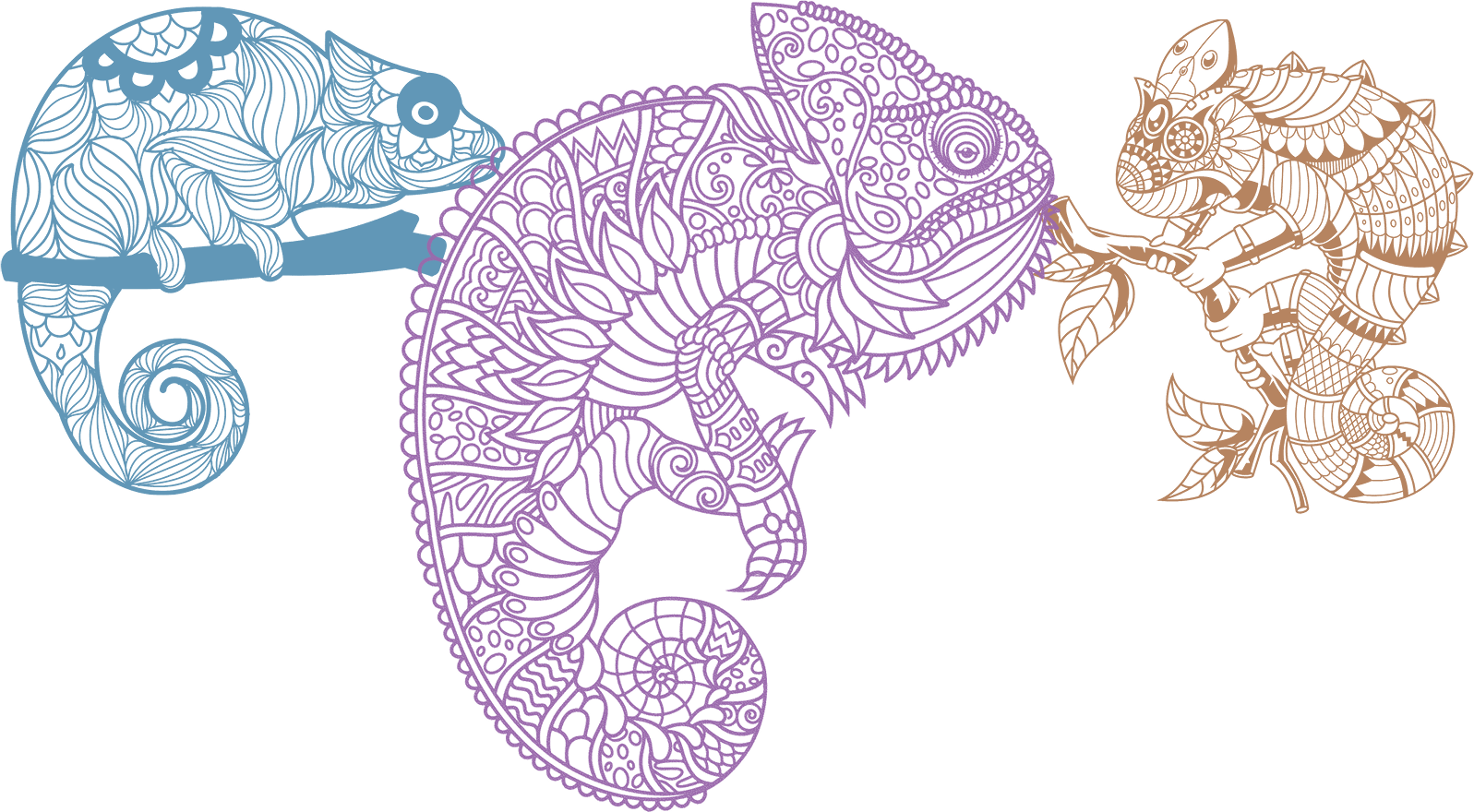
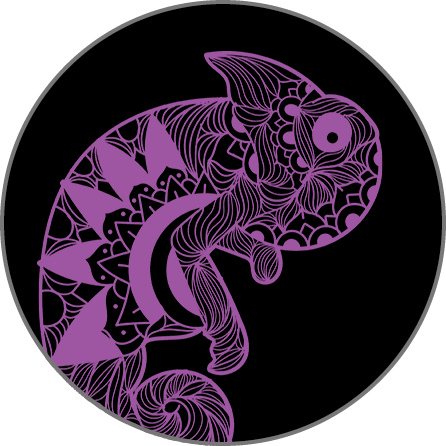
The Bull in Celtic Mythology
The bull was a symbol of virility, sovereignty, and wealth. The famous Irish legend, The Cattle Raid of Cooley, surrounds the taking of a famous bull. In Ancient Ireland, a highly ritualized “feast of the bull” called a tabhfheis, always preceded the crowning of a new High King.
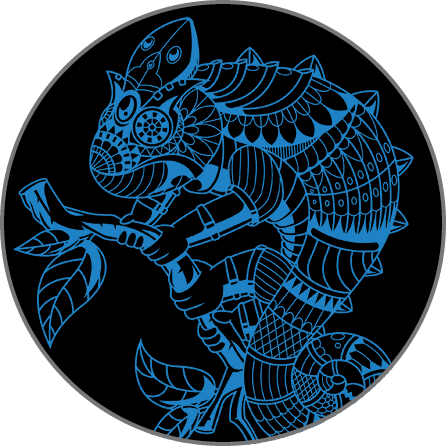
The Bull in Native American Culture
In Native America, the bull was an essential resource and was regarded as an omen of stability and safety, and durability. The bull was integral to the Native American spirituality, and the bull as a spirit animal was told to have appeared whenever a tribe required help or guidance when it came to carrying burdens. As the bull stands for determination, this means that Native Americans valued those who stood by their convictions, which was how it gave name to one of the most famous chiefs, Sitting Bull.

The Bull in Chinese Culture
In Chinese culture, the bull is linked to farming, and the story goes that The Emperor of Heaven felt sorry for the starving people. So he sent the oxen on Earth to tell the people that they would not starve if they worked hard. Other myths speak of the Yan Emperor, who was a mythological figure depicted with the head of an ox. It is believed that he was the first who built up fields. Tibetan people believe the bull relates to strength, success, and wealth, and is viewed as the token of determination and perseverance.
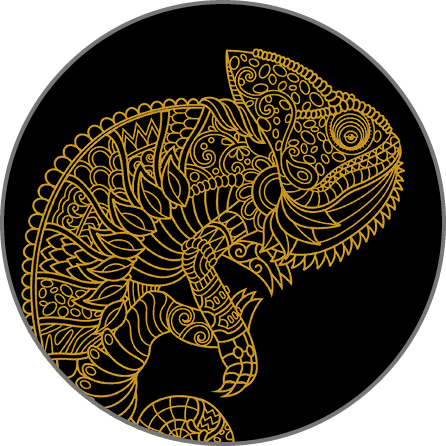
The Bull in Greek Culture
Ancient cultures throughout recognized the physical power of the bull and venerated the bull as a creature of the cosmos. The Minoan people of Crete, 2000 – 1450 BCE, emphasized bull veneration in their spiritual practices. Minoans found logic in their natural world and felt humans and the environment were in harmony. [1] Living in a turbulent geographical area, ritual practices incorporating the chaos of the universe and man’s ability to overcome the natural environment were common place.[2] They expressed their relationship and worship of nature and natural elements through craft and art. Through Greek myth and archaeology, art has reconstructed and help guided our understanding of the Minoan culture.
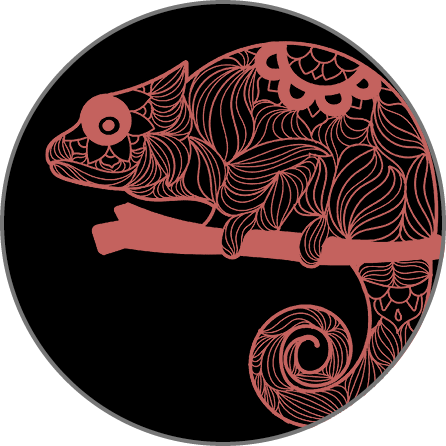
About the Animal Mandalas
Animal mandalas range from simple designs featuring cute little puppies and kittens that appeal to children, to detailed works of art ripe with spiritual symbolism. As an artistic tool for children, animal mandalas can supplement learning and provide an outlet for creative expression. For adults, the symbolism and meaning of the design may be more important. Consider the use of the mandala before you choose an animal design.

